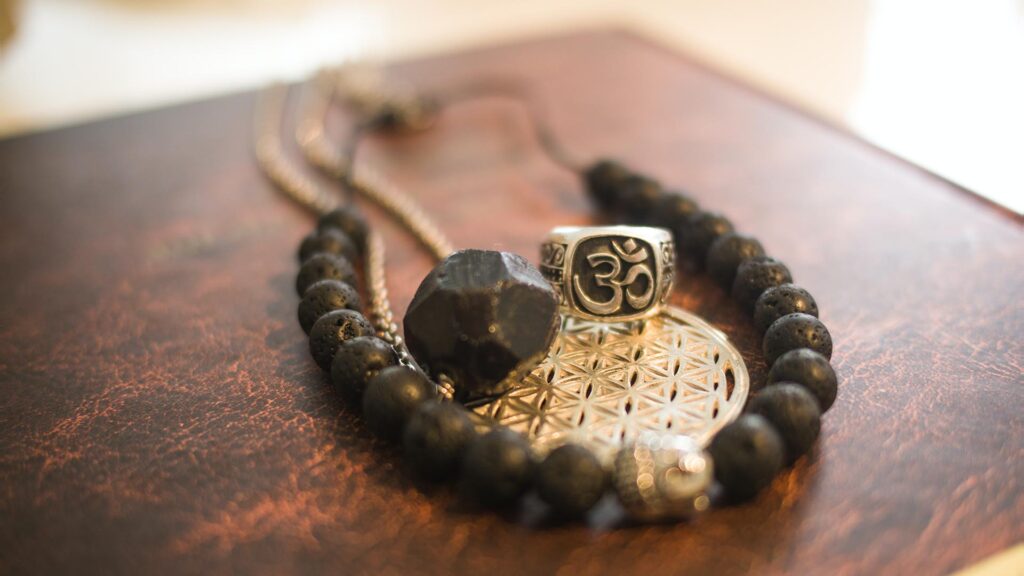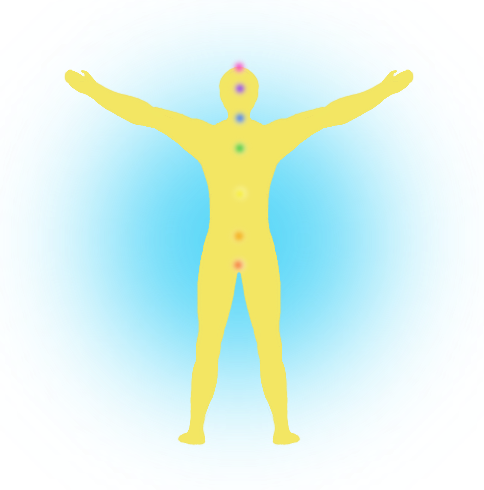
If you are reading this, I bet many of you are healers, too. By using this term “healers” I mean you feel responsible for the well-being of others. You might be in the medical professions, a counselor, a social worker, a care giver, or just someone people go to feel better. I am a healer myself and much of my personal identity has been wrapped up in feeling obligated to heal others.
One of issues I faced is deciding when NOT to heal. For most of my life, however, I felt compelled to heal. I spent many years in the helping professions: as a counselor, a community organizer, a professor and as a minister. Often, after a hard week, I would have to hide out to recover from giving so much of myself away. I had to learn, the hard way, to choose when to heal AND to choose when NOT to heal.
In a previous section, I mentioned that healers need to learn how to separate from their clients. You need to learn, and practice, ending the healing session by consciously separating your energy from that of your client and recharging your own energy levels. This will help you not feel depleted after a healing session. Remember, do this after each healing session because if you don’t their energy and problems will be yours. There are far too many sick healers out there who have become ill by not taking care of themselves in this way.
Another issue I have faced is the fear of not being able to heal someone. There have been times when I have faced clients with tumors or gangrene limbs, or some other insurmountable disease or injury. What I have noticed cropping up is my own feelings of fear and inadequacy. Instead of focusing on these negative thoughts, patiently step back and gather yourself and allow yourself to do the healing. Know that the limits you have placed on a healing’s success are your own. There are really no limits, except for what the client or God have set.
For example, I met a woman who had stage 4 cancer. She had worked hard to do everything possible to get her cancer in remission. I noticed that she was still struggling and offered to give her a healing. She refused my help because she wanted to continue the struggle and learn, for herself, how to heal her body. She wanted to validate her experience and power to heal herself, so I let her.
In another example I was asked to heal a woman suffering from an unknown digestive tract disease that was killing her. I asked her to seek out medical help, but she had a real fear of western medicine and hospitals. I did multiple healings on her over several weeks, but I noticed, for the first time, that my healing only slowed the disease process, but did not eliminate it. I was troubled by this result and told her. I did not understand why my efforts seemed to not create the results that she, and I, wanted. So, I asked God. He/she said that he/she had other plans for her. The woman died within two weeks in hospice care. A healing works with the grace of God, so I had to learn how to let go, and let God.
